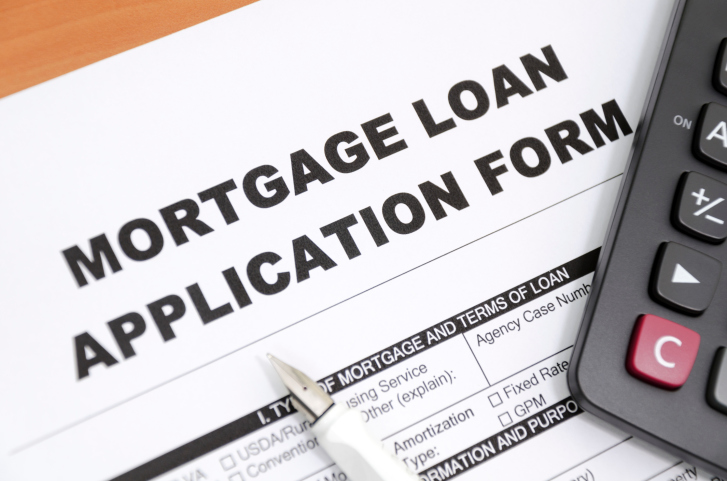 When taking on a new mortgage, it is important to know that you can afford to carry the debt load involved, as many people find themselves in financial trouble by spending more on real estate than they can comfortably maintain. Your mortgage budget can be calculated to determine just how much you should spend on your next mortgage.
When taking on a new mortgage, it is important to know that you can afford to carry the debt load involved, as many people find themselves in financial trouble by spending more on real estate than they can comfortably maintain. Your mortgage budget can be calculated to determine just how much you should spend on your next mortgage.
Mortgage Rates And Today’s Market Conditions
Mortgage rates change every day, and in times of high volatility can even fluctuate more than once in a twenty-four hour period. The market reflects a number of economic variables, including relevant world news and events. Wall Street also directly affects the real estate market. By researching and watching mortgage rates closely you will be able to secure your mortgage at the best rate possible.
With so many different loan types, terms and interest can affect your monthly mortgage payment significantly. Shop around, and see which loan types will work for you. The rates available will be effected by the type of real estate you are purchasing, and your credit score.
Your Total Income
Your income helps give lenders an indicator of your ability to pay a mortgage. Your total income may include alimony, investment revenue, or other sources in addition to regular wages. Knowing this total and how it might change in the near future can help one get a sense of what is manageable.
Mortgage Expectations And Monthly Expense
Monthly expenses play a big role in your mortgage budget. Credit card debt, vehicles and other monthly commitments need to be factored in full to clearly understand your financial situation.
If you are carrying a large debt load, you may want to pay your debts down before adding more debt via a mortgage. Clearing up outstanding debts will help boost your credit score and in turn your appeal to lenders.
Expenditures that may be considered frivolous or redundant could be eating away at your mortgage budget. Try to cut out unnecessary spending to create some breathing room in your monthly budget. It is important to be more realistic when budgeting than one would be when goal setting, but it is always a good idea to ‘trim away the fat’.
The Amount You Put Down On The Debt
Another factor of affordability and eligibility will be your down payment. How much money you put as a down payment can and will affect the types of mortgage loans and interest rates accessible to you. The value of the down payment will vary depending on the type of property or investment that is being secured; higher value properties will require a larger down payment.
Real estate is a great way to invest in your future. Although some can turn a profit ‘flipping’ houses, most mortgages are long-term investments. The investment grows more beneficial over time as the principal is paid down.
By carefully considering your personal finances, you will be able to determine what you can and cannot afford. Researching the options available will build your confidence when choosing a loan. Contact your trusted mortgage professional for answers to any additional affordability questions.
 Are you shopping for a home or a new mortgage? If you are interested in finding the best possible financial product, it is important to consider the benefits of selecting a Qualified Mortgage. With so many different types of loan products to choose from and financial terms to learn, schooling yourself on the mortgage market before you buy your first home or apply for your first refinance mortgage may seem like a daunting task.
Are you shopping for a home or a new mortgage? If you are interested in finding the best possible financial product, it is important to consider the benefits of selecting a Qualified Mortgage. With so many different types of loan products to choose from and financial terms to learn, schooling yourself on the mortgage market before you buy your first home or apply for your first refinance mortgage may seem like a daunting task.